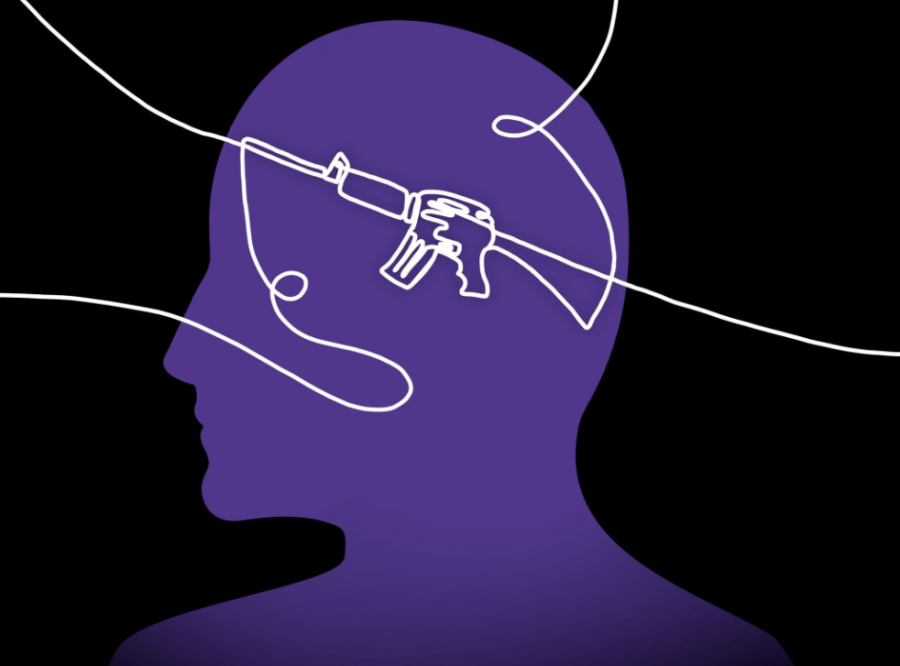Reasons behind mass shootings
Ever since the Covid-19 pandemic mass shootings have increased, some say this increase is due to the isolation and time people have spent online that have driven them to violence. As of the publication of this article, there have been over 200 mass shootings in America. It is expected that the number wil at least double by the end of the year. The Gun Violence Archive (GVA) defines a mass shooting as a shooting that consists of four or more injured or killed people. And while the reasons behind them are ambiguous, they all have similar common factors.
Studies have shown that a majority of mass shooters experienced early childhood trauma or were exposed to violence. Their exposure ranged from different types of abuse such as physical or mental but overall it led to the assumption that most shooters were mentally ill. However, Ragy Girgis, MD, an associate professor of clinical psychiatry in the Columbia University Department of Psychiatry and the New York State Psychiatric Institute, found that about 5% of mass shootings are related to “severe”mental illness. However, almost another 50% have mental issues with less severity. While it is easy and common to equate mental illness with bad behavior or malicious intent, it is not accurate. Instead, it is stressors that cause people to commit mass shootings; plans to commit violence happen to be very spontaneous and usually begins with a situation that triggers the individual to feel the need to relieve stress. There are, however, warning signs that can be used to point out a potential harm. Studies have shown that 80% of school shooters tell their classmates that they’re planning on attacking the school beforehand or have talked about violence in some way.
Often, the goal for shooters is to gain attention from others since they crave the feeling of importance. Most of us want to feel significant and aim for the feeling by other means besides committing acts of violence, so why is this not the case for the shooters? That is due to the fact that the news of a mass shooting is instantly spread nation-wide, on every social media platform. The shooter obtains an instantaneous and huge amount of significance that would probably take years and harder work to do if they tried a different route of approaching success. The internet is also a vast site that is composed of a range of people who have different views on violence, especially gun violence. Because of this, sometimes the shooters are celebrated for their actions.
However, fame is not the only thing that comes easy for the shooters; it’s also how easily accessible guns are. Many states don’t require their citizens to have a permit to carry a gun, or have other loose laws regarding weapons. This allows for anyone to be able to buy them and put them into use however they would like.
Could all of the ongoing research be put to work to prevent future mass shootings? One of the ways is to pass stricter gun restrictions across the country. However, there is an ongoing debate over who should be restricted and to what extent. For example, some believe that people with a history of mental illness should be more restricted with buying guns than someone who doesn’t. There is also mention of locking guns and or storage containers in an attempt to decrease one’s ability to steal guns from people they know. For instance, a 17-year old took his fathers shotgun and handgun and killed ten people at Santa Fe High School in Texas. Some have suggested buying guns that can connect with a smartphone and you can lock the gun electronically. Another option is for the public to be more proactive. If they hear or see something that could potentially be harmful, they should feel the need to speak up. However, for students or the general public to feel comfortable and safe enough to speak up, there needs to be more open conversations about violence and mental health.
Hi!! I'm Betel. I am a junior and have been apart of Wildezine for two years now. I like to write contemporary and cultural pieces.

